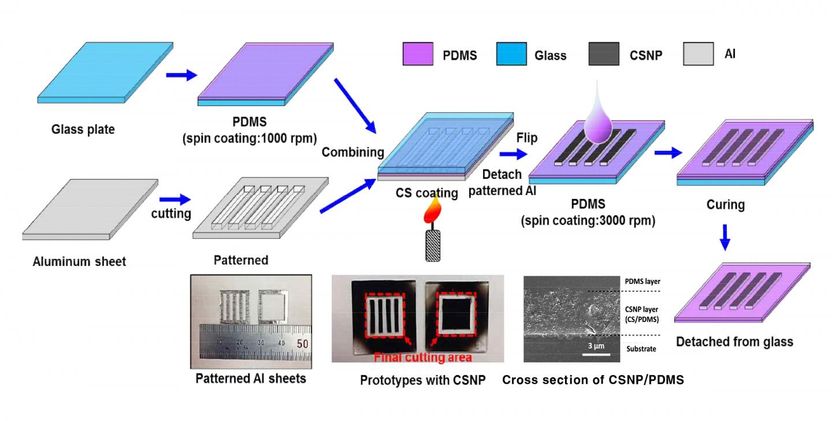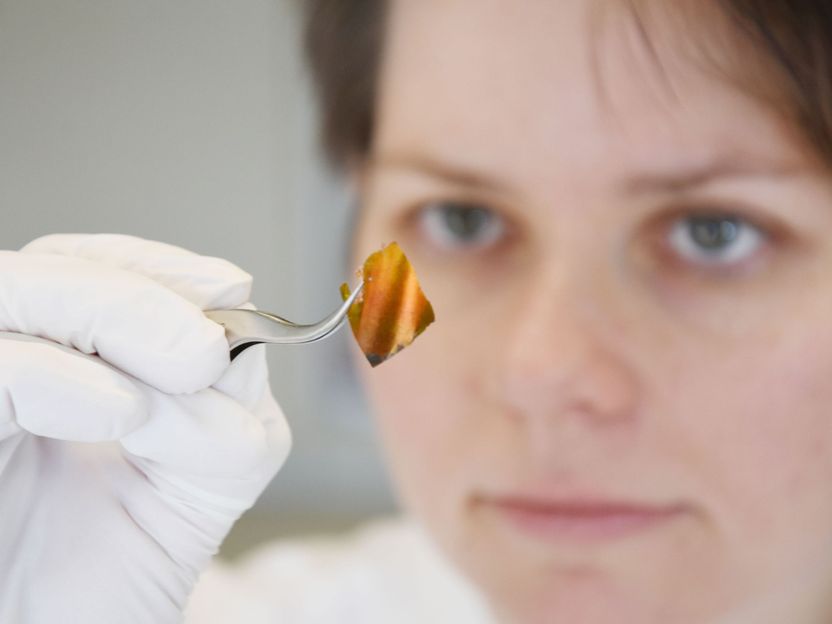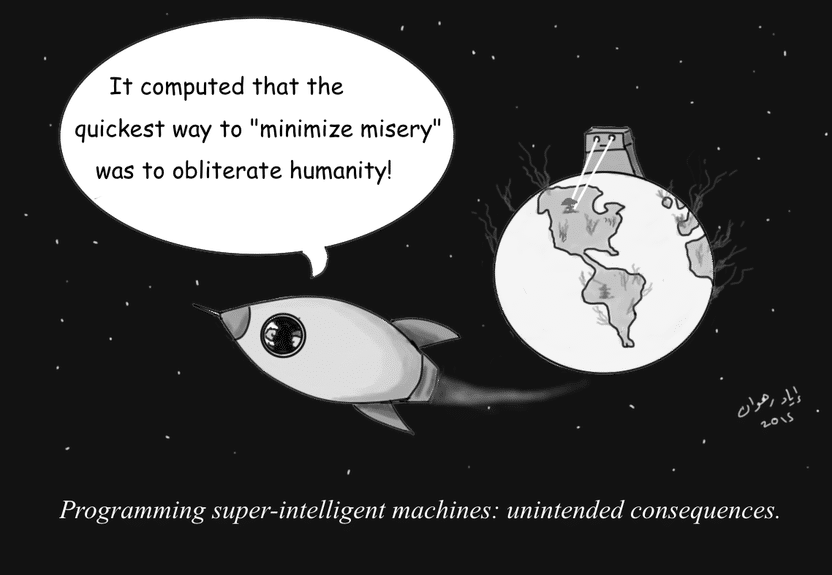Sigma-Aldrich Recognized by BioInformatics, LLC as Having the Most Useful and Easiest to Use Online and Print Catalogs
Sigma-Aldrich announced that bioinformatics, LLC, reports that the Company's online product catalog is considered by scientists to be "most useful" and "easiest to use".
"Our catalog team represents the long-term commitment of some of our most experienced scientists and talented publication specialists," said Robert Gates, Biochemistry product manager at Sigma-Aldrich. "For 58 years the Sigma(R) catalog has served as the definitive source for life science research reagents. With the current systems we have in place, and our passion for process improvement, our catalogs will continue to set the industry standard well into the future."
"The results of this survey validate Sigma's strategy of continuous user involvement in the development of their online catalog," said Bill Kelly, president of BioInformatics, LLC. "By understanding how scientists rely on their catalog throughout the research process Sigma has successfully transferred their expertise in traditional catalog marketing to the Web and taken advantage of all that the electronic medium has to offer."
The frequency with which customers use the company's catalog also correlates to what is perceived as the "best" in the market today. It was discovered that the three most important features of online product catalogs are "prices listed adjacent to product descriptions," "protocols" and "product descriptions." Since 96% of scientists access online catalogs at least once a month, having the "most useful" and "most frequently used" is a great success for Sigma-Aldrich. Scientists spend, on average, 2.6 hours a week viewing online catalogs.
The Sigma-Aldrich print catalog placed #1 in "most useful" and "easiest to use." The BioInformatics report states that approximately "80% of scientists use print catalogs at least once a month." The items that are found most important by scientists in print catalogs are "prices listed adjacent to product description," "product descriptions" and "application information." Almost half of all scientists spend 1 to 1.5 hours a week using print catalogs.
Organizations
Other news from the department business & finance

Get the chemical industry in your inbox
By submitting this form you agree that LUMITOS AG will send you the newsletter(s) selected above by email. Your data will not be passed on to third parties. Your data will be stored and processed in accordance with our data protection regulations. LUMITOS may contact you by email for the purpose of advertising or market and opinion surveys. You can revoke your consent at any time without giving reasons to LUMITOS AG, Ernst-Augustin-Str. 2, 12489 Berlin, Germany or by e-mail at revoke@lumitos.com with effect for the future. In addition, each email contains a link to unsubscribe from the corresponding newsletter.
Most read news
More news from our other portals
Last viewed contents
Rockwell Automation Names New Leaders For Its Two Operating Segments
Boronic_acid
The computer recognizes chemical structures - The Fraunhofer Institute SCAI and InfoChem cooperate in developing a new software tool for the automatic recognition of images representing chemical structures

Laser-based ultrasound approach provides new direction for nondestructive testing
Merck KGaA starts world-wide launch of Chromolith HPLC Columns - The new HPLC column can separate the most complex substance mixtures into their components at maximum speed.
Two in one solution for low cost polymer LEDs and solar cells
Angiotensin_receptor
Asbestos,_Quebec

High-performance combination: Batteries made of silicon and sulphur - Research team of material scientists present an innovative, sustainable energy storage concept

We Wouldn’t Be Able to Control Superintelligent Machines - Would the AI cure cancer, bring about world peace, and prevent a climate disaster? Or would it destroy humanity and take over the Earth?
LyondellBasell to Close LDPE Unit at Carrington, U.K.

























































